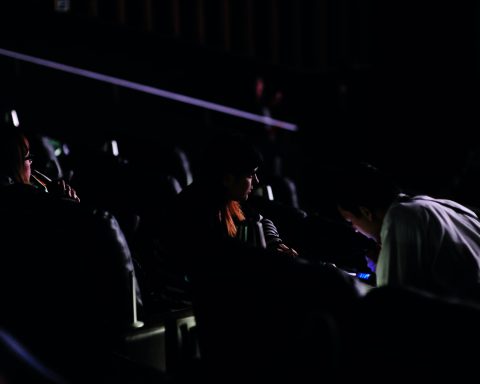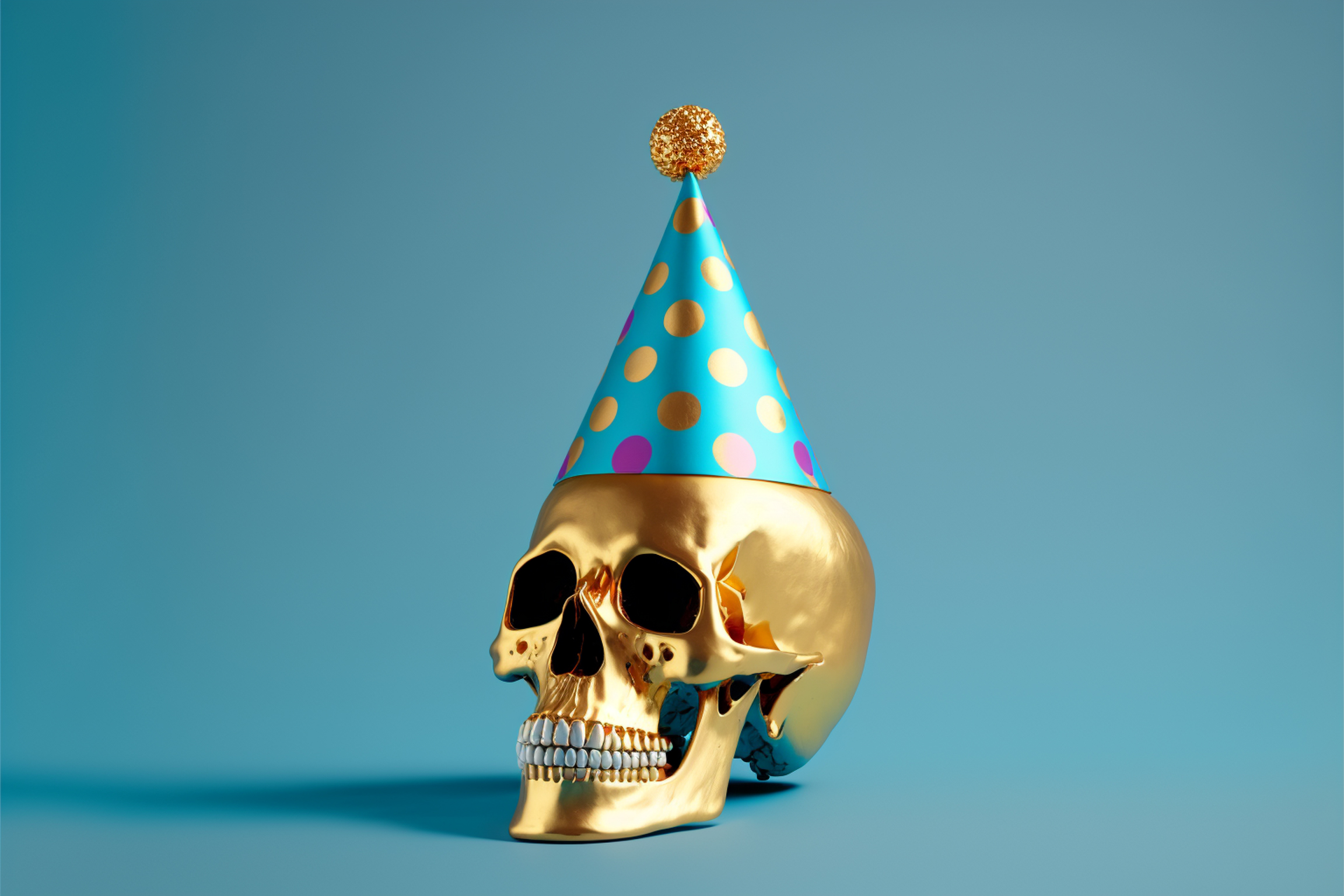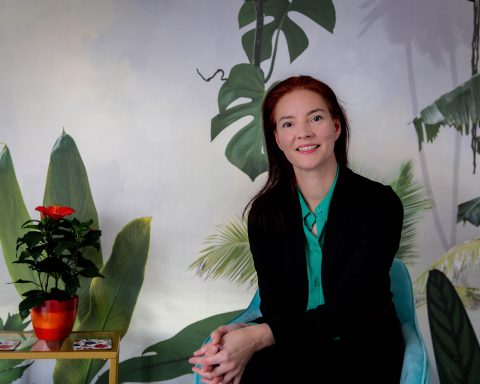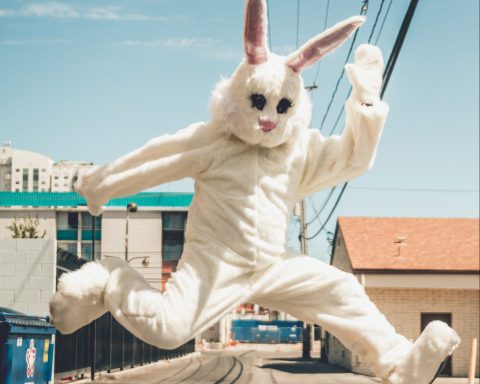It’s cold for the next few months in Central Europe, and many of us hate it. But to put our ordeal into perspective, let’s take a moment to imagine what it’d be like to live in the arctic wilderness.
Life Below Zero helps us visualize this scenario, with real-life stories unfolding in Alaska. It’s a long-term National Geographic series I happened to catch over the holidays on American TV. This reality show, unlike similar others, looks and feels like a legit documentary; the filming crews apparently coexist with the several sets of subjects they follow seasonally over the years.
Its subjects are die-hard residents of the Alaskan hinterland who must constantly fight for basic supplies and against beasts and frostbite. They survive in a sort of winter most of us can only have nightmares about – like when my covers get pulled off in the middle of the night and the heat is off and my brain travels to the tundra.

Some days it’s minus 50 Celsius out there in the wilderness by the Arctic Circle. Not many people want to live in the vast godforsaken tundra, so the show’s subjects are often deeply isolated. They must hunt and gather for themselves, barter, build their own shelter and equipment, and travel to other spots when needed, which in itself can be a Herculean feat in sub-zero.
Why would anyone put themselves through that?
Sometimes it’s largely a matter of circumstances, other times it’s active choice. Some of them are basically alone and others have extensive families living with them. We don’t know how much richer our own lives could be if we learned to actually fend for ourselves, if we got rid of most of our cyber limbs and electronic crutches.

Plus, the landscapes are breathtaking. From where I’m sitting, they look like freedom and almost like another planet.
For sure it would be an unbelievably steep learning curve for most, but especially for those of us city people. Besides the obvious risks of starving or freezing to death or becoming a predator’s dinner, we could fall fatally prey to plain old boredom and depression.

However naive and unprepared, the young and privileged young man known as Alexander Supertramp did try to tread a similar path. He was not followed by the Life Below Zero crew, however. He perished too soon, and I think his only objects found were a diary, some clothes and very basic apparel. He really did give up his electronics, except his camera (there’s one photo of him in the stranded bus where he found his shelter).
As the book and movie Into the Wild recount, Supertramp read some manuals in preparation, traveled across the U.S. and away from his somewhat dysfunctional family, and got rid of his car and money. His goal was to let go of everyone and nearly everything and live alone in precisely the Alaskan wilderness. He did pretty well considering his inexperience, and earned legions of fans posthumously. Ironically, of all the dangers that could have killed him, he ate some poisoned berries that took away his ability to absorb food, and starved to death.
Perhaps Supertramp should have interned with Agnes and Chip Hailstone in northwestern Alaska before venturing out on his complete own. The Hailstones’ was the story I first happened to catch on Life Below Zero, and they made an impression on me for the brief time I got to “meet” them. So I decided to explore the series a bit, which I hadn’t heard about before.

It turns out that the situation in the wilderness tends to get even more critical when one has a big family that must eat and be kept safe.
This is certainly the case with the Hailstones – nine of them residing together and moving around in northwestern Alaska. Agnes is a native Inupiaq who married Chip, a hunting enthusiast from Kalispell, Montana. They have seven children now.
Three decades ago, Chip visited Alaska, and ended up staying on and on without planning to. He was initially lured by ample hunting opportunities and eventually made that into his life, finding his other half in Agnes, whose people are traditionally hunters and gatherers.
The fictional Captain Fantastic has got nothing on Chip. The latter would automatically have had a gigantic edge over many trying to tackle the Alaskan wilderness, as “he grew up hunting and fishing,” according to National Geographic. “Chip is a skilled hunter and uses his antique rifle, a 12-gauge, a .22, bow and arrow, and even rocks or his bare hands to make a kill. Chip calls guns his tools and hunting his way of life. The material he needs to make a living is in his surrounding environment.”

I don’t condone guns or hunting, but this is how the Hailstones survive as they move about pitching tents in the frozen wilderness, and I’m fascinated by a way of life so different from my own. I’m also fascinated with how they educate their children.
From a young age, they start learning to be self-sufficient, in the true sense of the word – to put together whatever they need to live on with the tools at hand at the time. A sled wagon, fish hooks, traps are all constructed from scratch. Each of the nine family members has a function in ensuring their own and the whole family’s survival; this, as is the crux of the reality show, is particularly trying as the temperatures dip inexorably closer to the dead of winter. It takes a lot of planning, collaboration and preparation to get through it. A lot more than in the game of Survivor, the now ambling “grandpa” of reality shows.
Living on the bare minimum requires maximum skill.
You watch the oldest daughter assembling and building with her own hands and how she sounds confident, saying the parents teach her skills to pass down to her younger siblings. You also see Chip having a one-on-one with one of the younger children, trying to teach her how to build a trap.
The work nicks his and her hands, and you can notice a quiet tear running down her cheek against the light of the bonfire. She has not succeeded. Chip doesn’t scold her; he decides to call it a day. And here lies a lesson city parents could also benefit from.
This is a tough task, but learning it should still become enjoyable to the child somehow, Chip explains. If not, the lesson will likely not stick to the child’s mind. She needs her own time, and he as a parent respects it.
An important related point is to learn just when to stop doing something, Chip adds – “when to stay off the ice,” which in their case can be taken both figuratively and literally. Managing worries is also essential, as when some of the children went out on an errand on the sled and took too long to return. Chip and his wife needed to keep their cool (no pun intended) to make sure they strategized to find the children and get them back home safely.
Whether the children will want to continue with this lifestyle when they grow up remains to we seen. Not to mention how the whole family could be affected by reality stardom. But at least the kids will have the tools and skills to make a choice, and be able to transfer them to another realm if they so desire. The corporate world can be quite the wilderness, after all.
I’m not suggesting we all disappear into the Alaskan tundra (until National Geographic finds us). But these people’s stories could encourage us to reflect on what we really can’t do without for living; and on how we can depend more on ourselves and our environment while making our lives more meaningful – and sustainable – for ourselves and our community, at a small or bigger scale.











